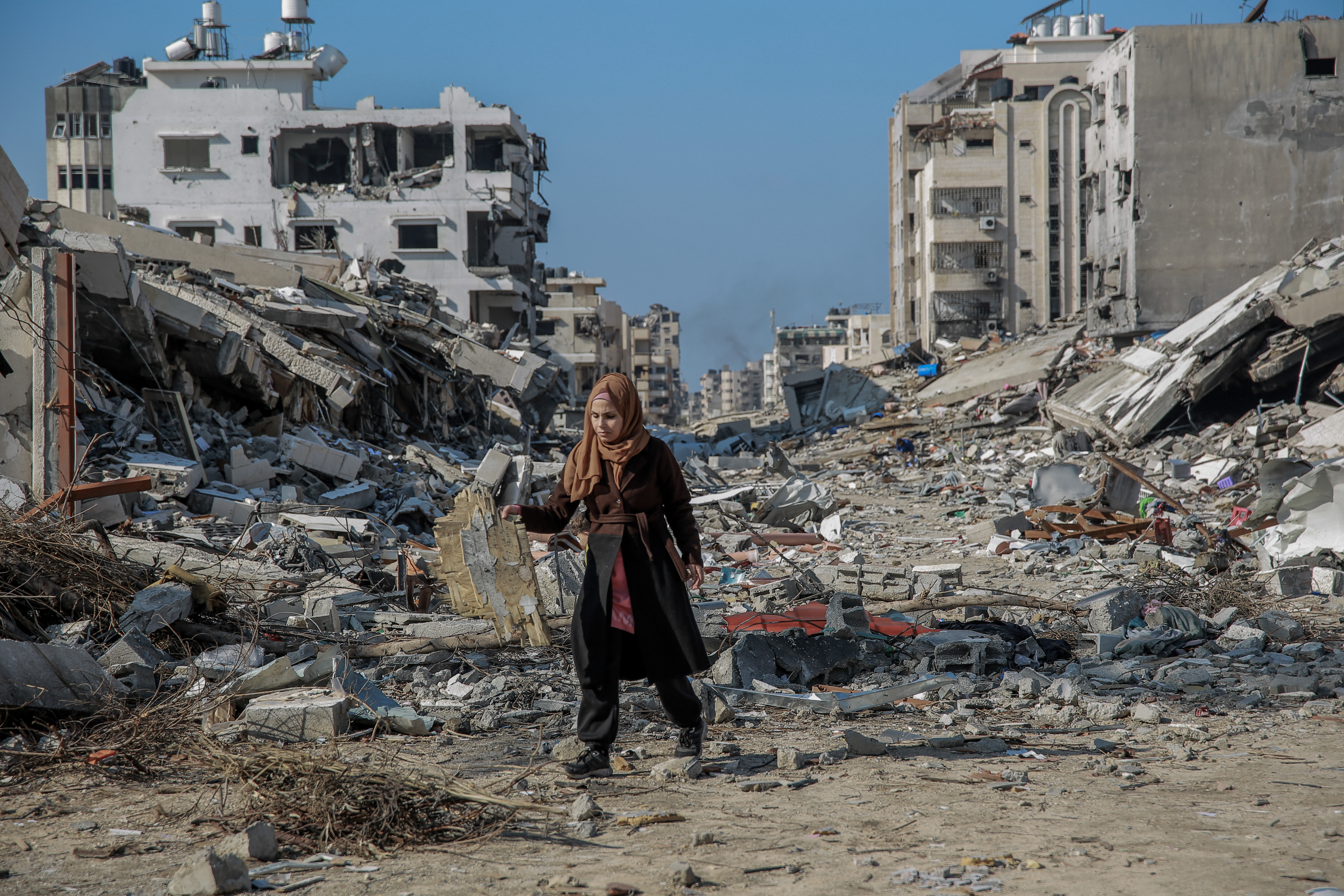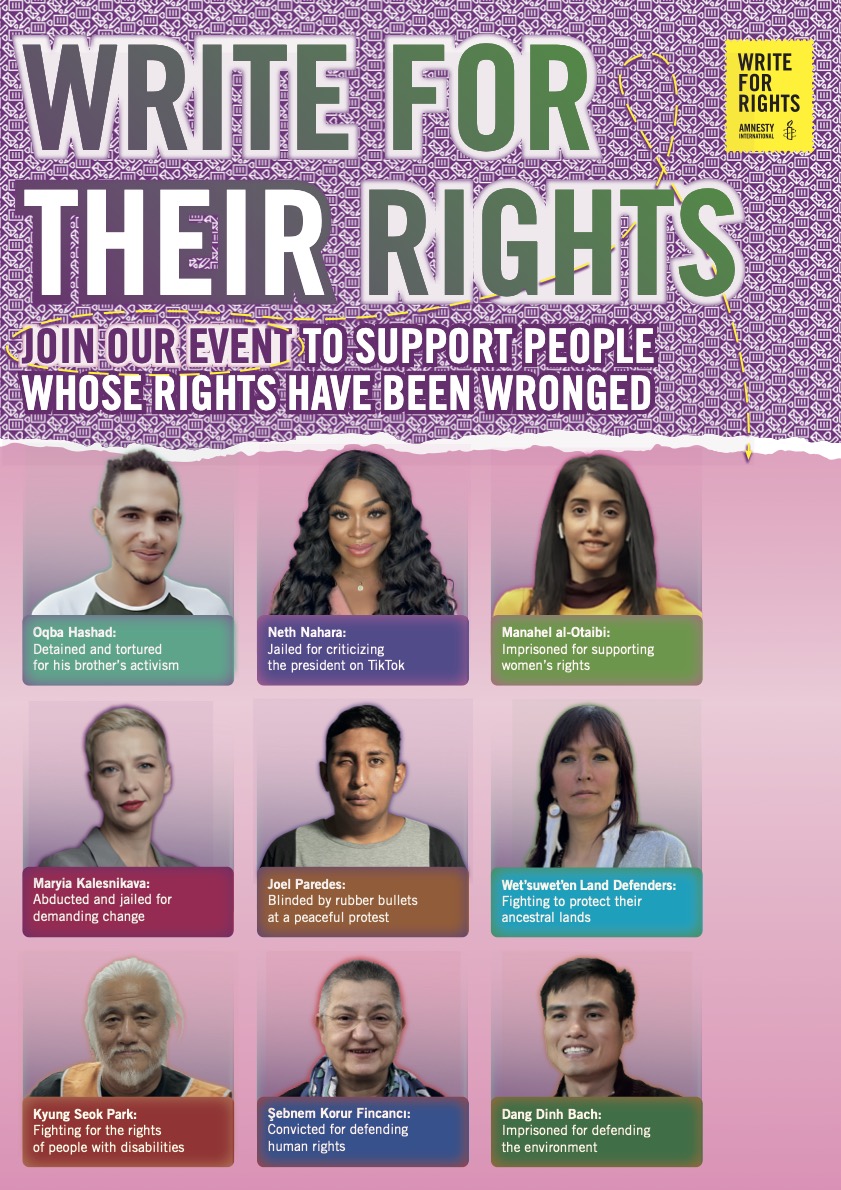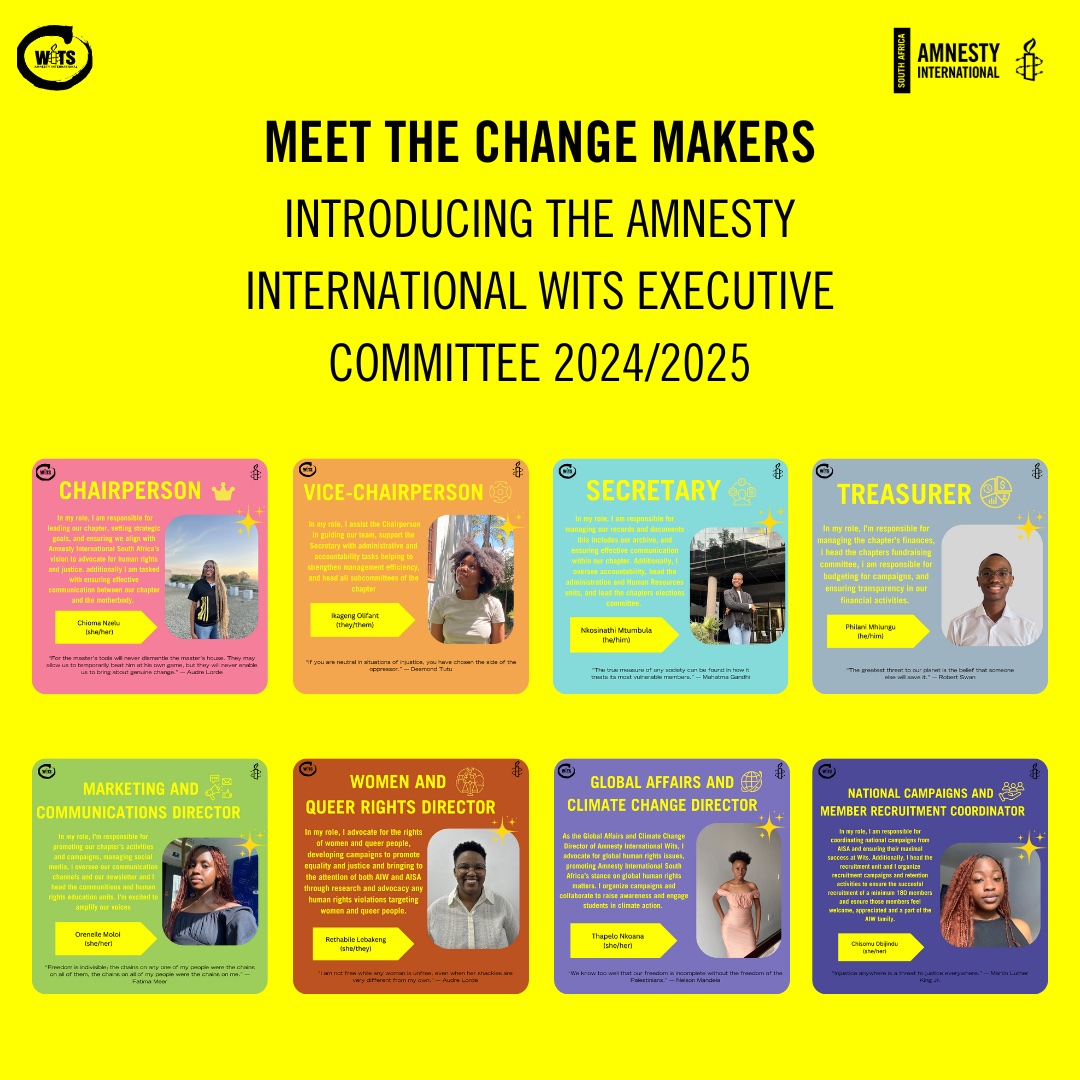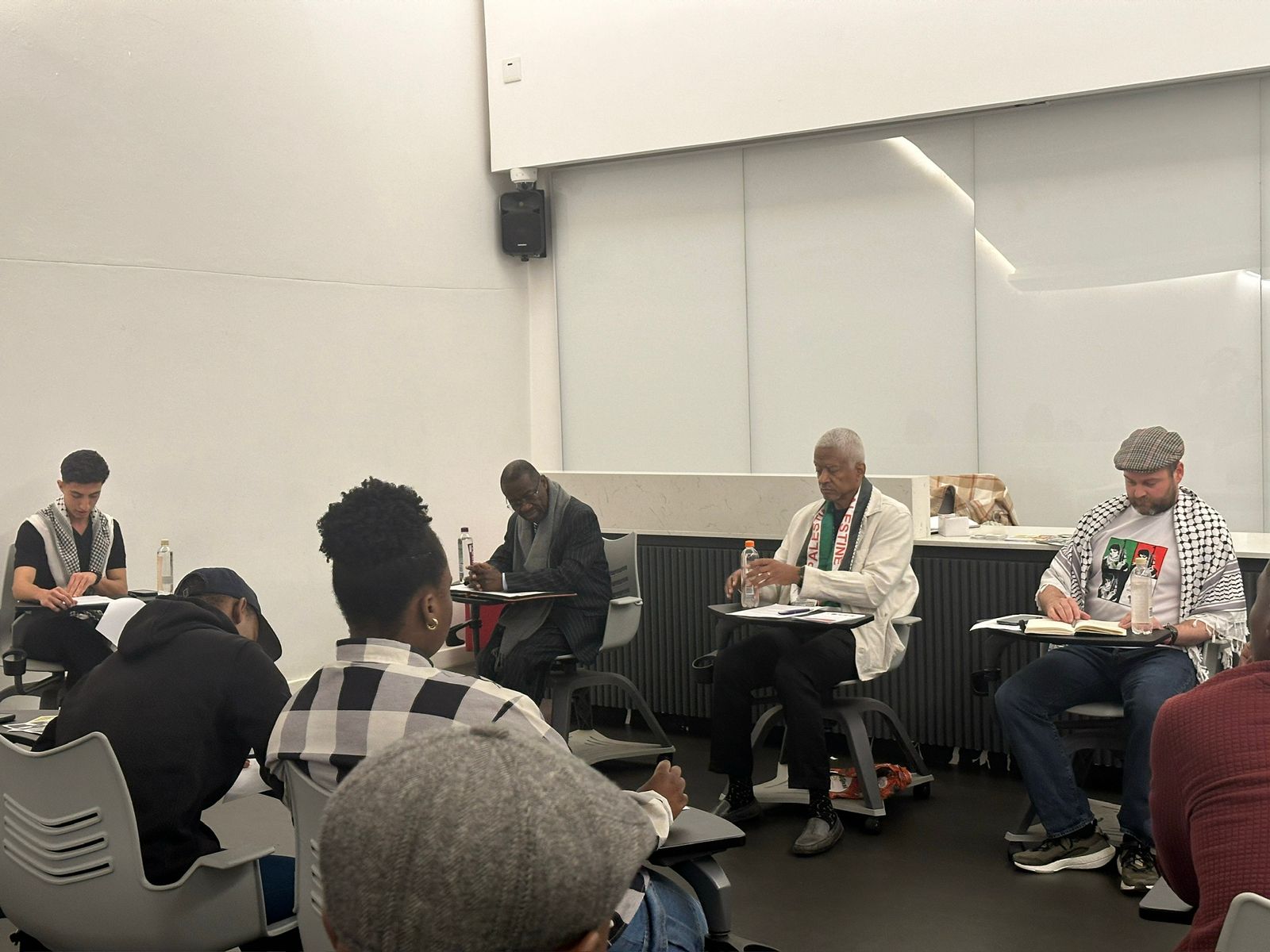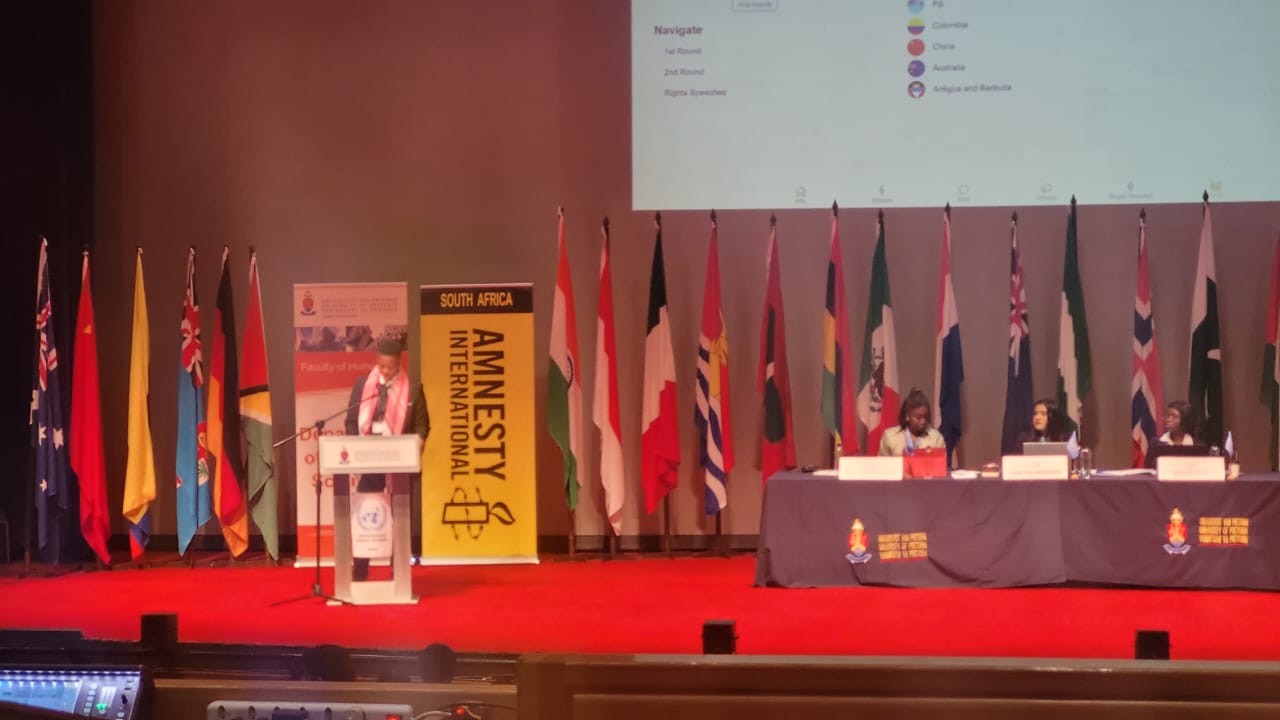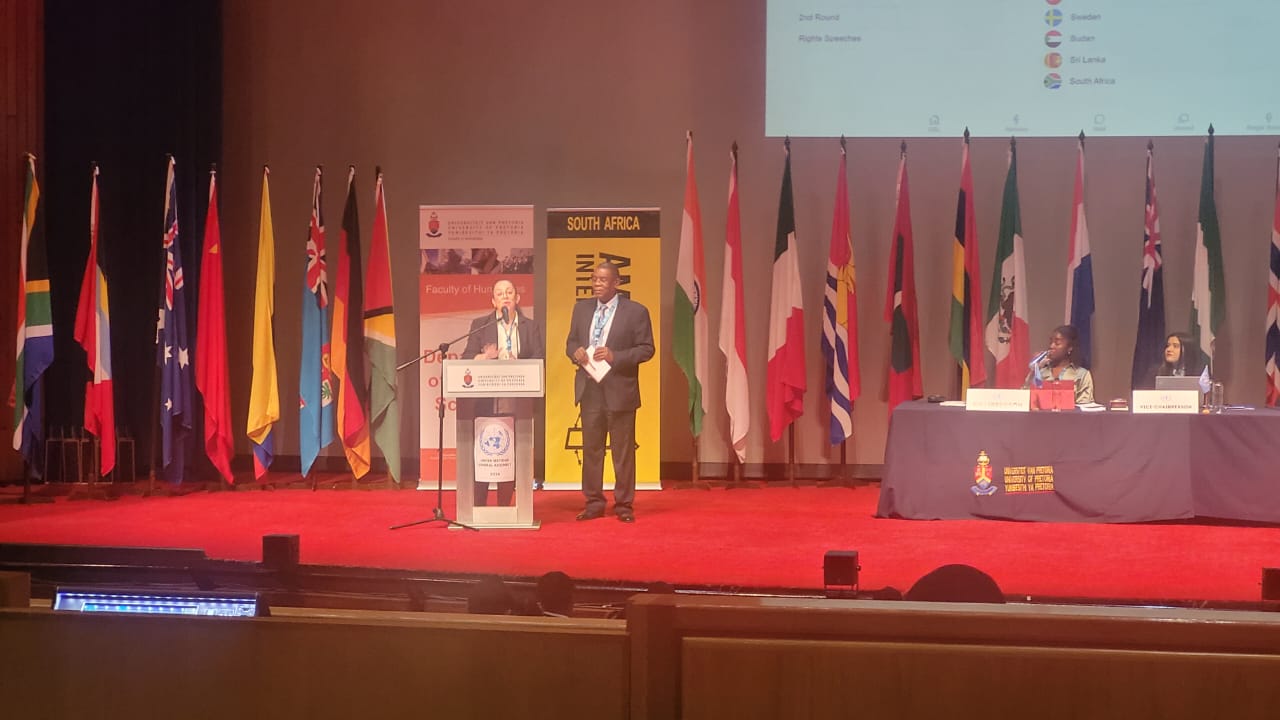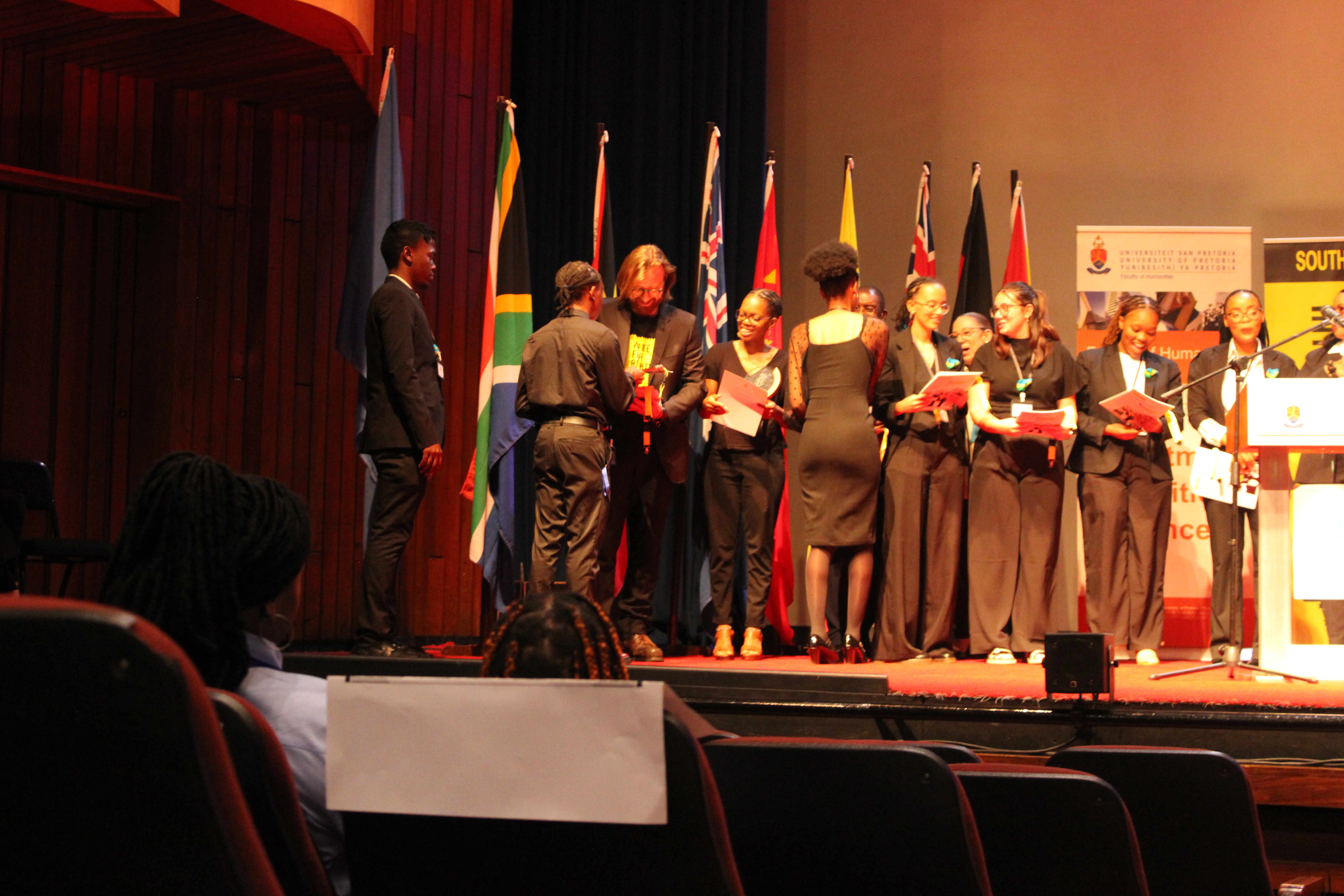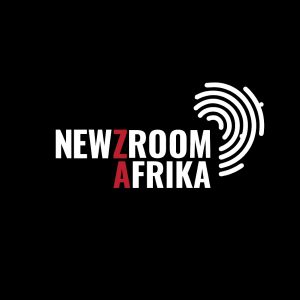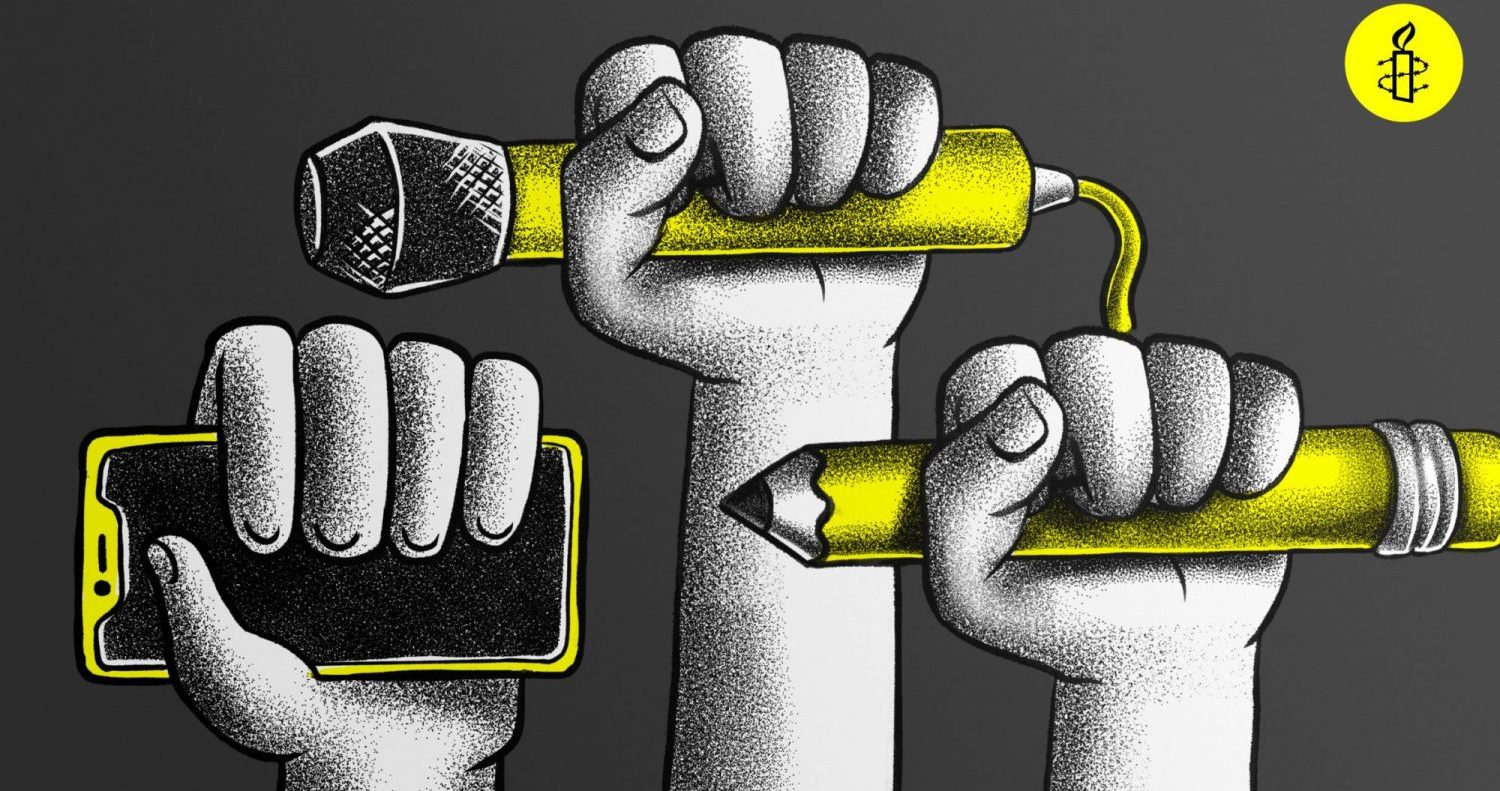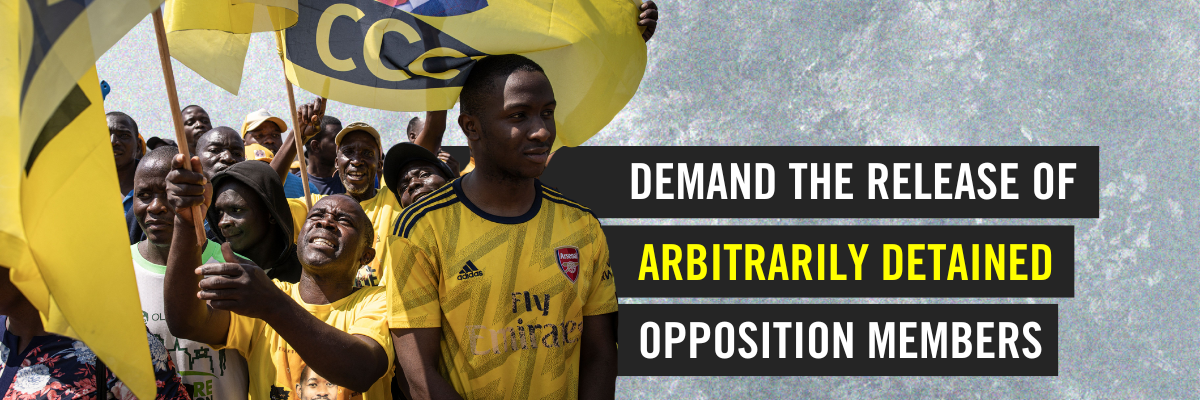Dear Comrades,
It is my singular honour to stand before you and to share a few
words as you begin the serious business of Amnesty International
South Africa’s Annual General Meeting for the year 2024.
Today is almost six months to the day since Amnesty International
released this year’s instalment of the movement’s annual flagship
human rights report, The State of the World’s Human Rights.
Tracing the contours of human rights across 155 countries across
the world, this year’s annual report revealed several troubling
trends globally.
The report showed that over the past year:
• Economic crises, climate change and environmental
degradation had disproportionately affected marginalized communities the world over;
• Human rights defenders campaigning for the rights of these communities were targeted as part of wider repression of
dissent;
• The backlash had intensified against the rights of women
and girls, and LGBTI people;
• Incitement to hatred and other harmful content posted
online against some racialized groups had increased;
• Conflict continued to cause untold suffering for millions
across the world; and
• The existing international system remained paralysed at
best, and subverted at worst, with powerful actors
displaying cynical and selfish gamesmanship at the expense
of human life.
Here at home, in South Africa, according to the report, millions
were united with the many peoples of the world in their suffering of abuses and violations of their human rights:
• Incidents of gender-based violence continued, while
perpetrators enjoyed impunity;
• Access to education and other economic and social rights
remained severely restricted;
• Refugees and migrants continued to suffer discrimination,
and be denied access to primary healthcare and other
essential services;
• Threats against human rights defenders, activists and
whistleblowers, and attempts to silence journalists
continued;
• The murder rate remained high.
As we meet here today the last six months have not been any
different. In fact, the human rights situation has become
increasingly dire globally.
Continued fighting in Sudan has seen the country quickly become the world’s largest internal displacement crisis, with 10 million people displaced internally, while over 2 million have fled the country and 19,000 people have been killed.
Nine months since the International Court of Justice warned of the risk of genocide in Gaza, Israeli authorities continue to violate the provisional measures ordered by the court.
Meanwhile, Israel’s ruthless bombardment continues to kill
Palestinians in Gaza, and the human catastrophe spirals by the
day. Over 41,000 Palestinians in Gaza have been killed in the last
11 months.
That this is the reality we face despite the resistance of millions
across the world weighs heavy on the conscience.
But at the same time, we are reminded that Amnesty is a
movement of 10 million people driven by the audacity of hope and active solidarity in the pursuit of justice.
An undying hope that is neatly embodied in the time-honored
Chinese proverb and oft-cited Amnesty refrain: It is better to light a candle than curse the darkness.
For over 60 years, and now working through over 70 national
entities and a globally distributed International Secretariat, we
have transcended history, politics, ethnicity, gender and religion, to pull together in support of- and with those whose rights are
trampled upon.
As we meet here today to reflect on- and celebrate the impact we
have registered on human rights in South Africa, and to
consolidate and build on gains towards strengthened institutional health and governance, equally important will be to reflect on
how we deliver on the dual mandate which is the defining
attribute of all Sections in the Amnesty movement:
• How will we safeguard human rights nationally, while
offering our experiences, competencies, and energies to the challenge of leadership in regional and global pursuits for
justice and human rights?
This is the one challenge I leave with us all as I conclude.
Comrades, let me appreciate again, the opportunity to come and join you, and share a few words today.
Secondly, let me appreciate your invitation into your deliberations
– of comrades and colleagues from elsewhere in the movement,
specifically from Amnesty International Zimbabwe, and the
International Secretariat. There may be others.
This indeed, is the movement in action.
And to you all, members of the global Amnesty movement in
South Africa, thank you for your commitment, your time, and investment in building a stronger Amnesty International South Africa.
Lastly, I want to invite us all to a commitment as we begin the
business of the day, which is that, in the crucial and critical
discussions that will follow, may we let:
• moral courage,
• humility,
• unity of purpose,
• the audacity of hope, and
• solidarity with all who suffer human rights injustices across
the world, be the fuel that keeps the candle for human rights
burning.
I thank you.

